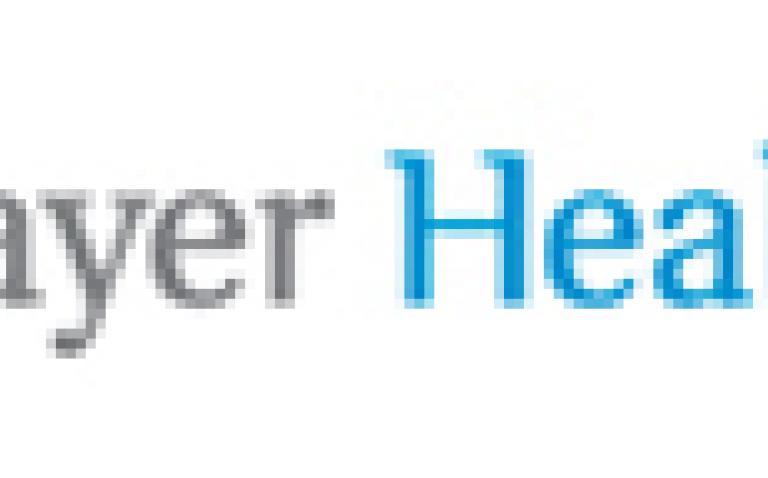New data from a warfarin comparison study shows that the health characteristics of the patients enrolled on the ROCKET AF trial more closely reflect the typical AF patient population than four other recent major trials in this category.
The baseline demographic data, from Bayer Schering Pharma’s study, were presented today at the 19th European Stroke Conference, Barcelona; the study is designed to assess the safety and efficacy of once-daily oral rivaroxaban (Xarelto) against warfarin in 14,269 AF patients.
Professionals in healthcare widely use the CHADS2 tool to assess stroke-risk and subsequent need for anticoagulation therapy in patients with AF.
A high CHADS2 score (three and above) corresponds to a greater risk of stroke, while a low score corresponds to a lower risk of stroke. The ROCKET AF study was aimed at AF patients with the greatest need for a stroke-preventing anticoagulant. Of those enrolled, 90% have a CHADS2 score of three or higher ” whilst the four comparable studies only had between 27 and 44% of patients with a CHADS2 score of at least three.
Due to the carefully chosen patient population and study design of ROCKET AF, investigators have been able to gather data consistent with the types of AF patients who need anticoagulation therapy, which healthcare professionals see in a real life setting.
Professor Keith Fox, Co-Chair of the Steering Committee of the ROCKET AF is eagerly anticipating final outcomes of the trial and commented, “With this trial design, I anticipate that ROCKET AF is likely to provide a realistic picture of how warfarin alternatives can effectively prevent stroke in those AF patients at an increased risk.” He continued, “Dosing difficulties and continuous coagulation monitoring have always plagued the use of warfarin and clinicians should be excited by the prospect of new, effective, therapeutic alternatives to help protect their patients from the debilitating effects of stroke.”
In the UK, AF affects the region of 740,000 people, increases the risk of stroke by five times, and is responsible for 15% of the 150,000 strokes per year. Of those affected by AF, up to 80% have a moderate to high risk of suffering a stroke and should receive anticoagulation treatment to minimize this risk, as advised by the National Institute of Health and Clinical Excellence (NICE).At present vitamin K antagonists (VKAs), such as warfarin, are the only oral anticoagulants recommended for these patients.However, despite clear guidelines, only 15 to 44% of eligible patients receive a VKA.
Those aged 75 or over are usually eligible, as they are at increased risk of stroke, but are less likely to receive appropriate treatment due to a variety of factors. Frequent monitoring, dose adjustments, and drug and food interactions may contribute to a healthcare professional’s possible reluctance to prescribe warfarin to the elderly population, as do dementia related compliance issues, and bleeding risks associated with fall related injuries.
Without appropriate treatment patients are at continued risk of stroke which results in a significant economic burden to the NHS. The direct cost of stroke to the NHS is estimated to be £2.8 billion. These drawbacks have led to the growing need for clinical studies, like ROCKET AF, into alternative anticoagulation therapies that offer favourable benefit-risk profiles.
“ROCKET AF is a study with a patient population that reflects clinical practice advocated in current guidelines,” said Dr Luis Felipe Graterol, Medical Director, Bayer Schering Pharma. “We are looking forward to the results of the study and hope that this trial provides us with much needed information on how to effectively reduce the risk of stroke for patients with atrial fibrillation.”
Enrolment to the ROCKET AF trial is complete, the first patient was enrolled in December 2006 and the maximum observation period is expected to be four years. Results are anticipated late Q4 2010.
For more information, please click the link below:
Bayer Healthcare










